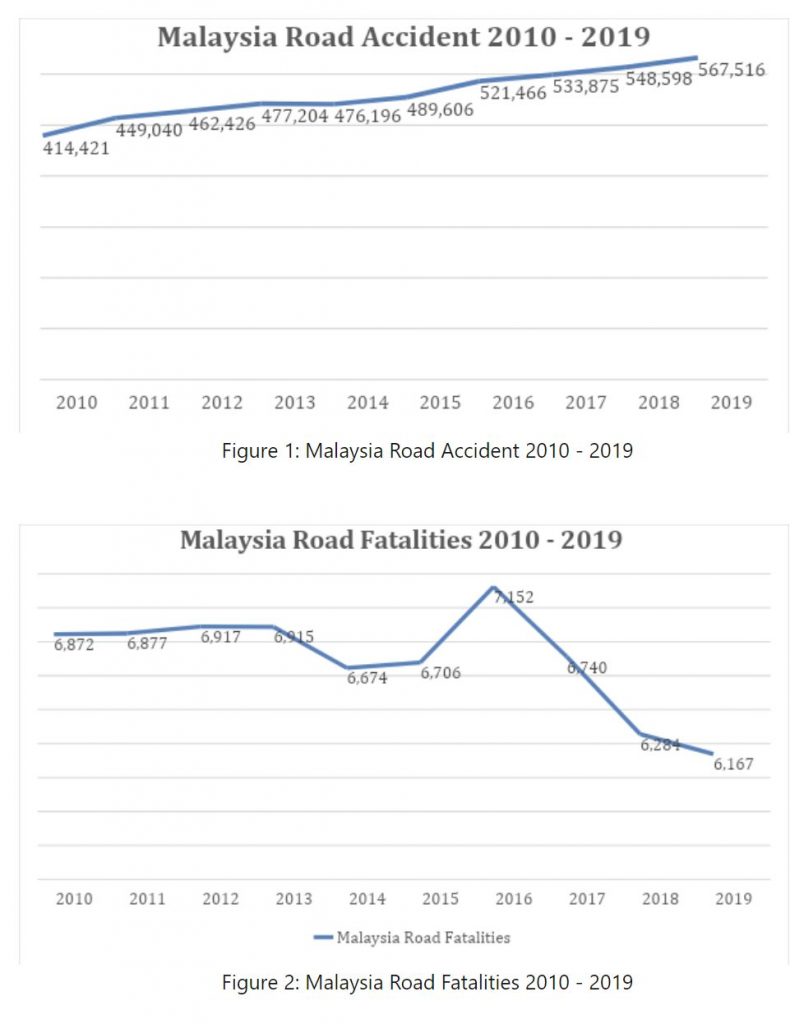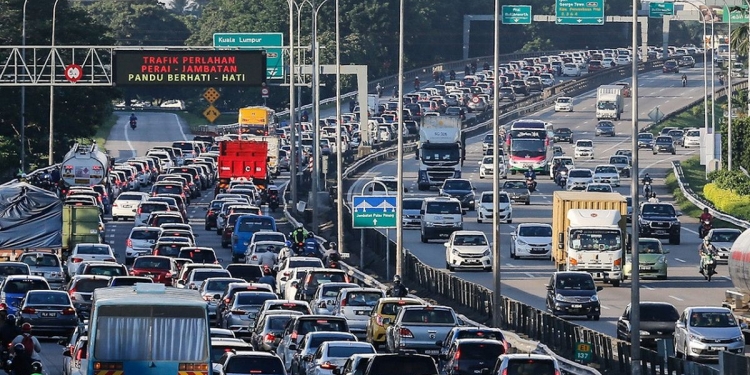Road accidents are on the rise as travel and economic activities have resumed after the pandemic. As shared by Transport Minister Anthony Loke, a total of 915,874 road accidents were recorded throughout 2021 and 2022.
In 2022 alone, there were a total of 545,588 road accidents reported and a total of 6,080 deaths. That’s an average of 1,494 accidents per day or an accident every minute in Malaysia. When it comes to road fatalities, that’s 16.6 deaths per day or one death every 86 minutes.
That’s a significant 47% increase from 2021 which recorded a total of 370,286 accidents and 4,539 deaths on the road.
According to a study by the Malaysian Institute of Road Safety Research (MIROS), the majority of road accidents were caused by human behaviour. This is followed by design, condition of the road infrastructure and vehicle’s condition.
Anthony Loke said his ministry launched the Malaysia Road Safety Plan in January last year to tackle the issue of road accidents. Malaysia aims to reduce the number of road accidents by 50% by 2030.
In addition, he said active and passive strategies were also taken to increase vehicle safety standards. He said this included creation of vehicle research and safety test centre and improving the standards and mechanisms used to evaluate a vehicle’s safety.
Slightly fewer accidents and deaths than in 2019

Despite the increased number of cars on the road, the 2022 accident figures are slightly lower than the pre-pandemic years. In 2019, Malaysia recorded 567,516 road accidents and 6,167 deaths. While road accidents are showing an upward trend from 2010 to 2019, there was a downward trend of deaths from 2016 to 2019 as shown above.
Malaysia needs to raise vehicle safety standards
Besides tackling bad driving attitudes and improving road designs, another possible contributing factor is improved safety technology on vehicles. Besides having up to 6 airbags and electronic stability control (ESC), Malaysia should also raise its vehicle safety standards by making autonomous emergency braking (AEB) mandatory for new vehicles.
In Australia, AEB has been made mandatory for new passenger and light-goods vehicles starting this year, and for all other types of vehicles from March 2025. AEB can be a lifesaver when the driver fails to react especially when they are distracted or due to microsleep.
Perodua has been leading in the safety department by fitting AEB across its new model lineup including its new entry-level Perodua Axia (AV variant). It is baffling that some premium cars priced above RM200,000 are being sold in Malaysia without AEB, which is absolutely unacceptable in this day and age.
[ SOURCE, IMAGE SOURCE ]








